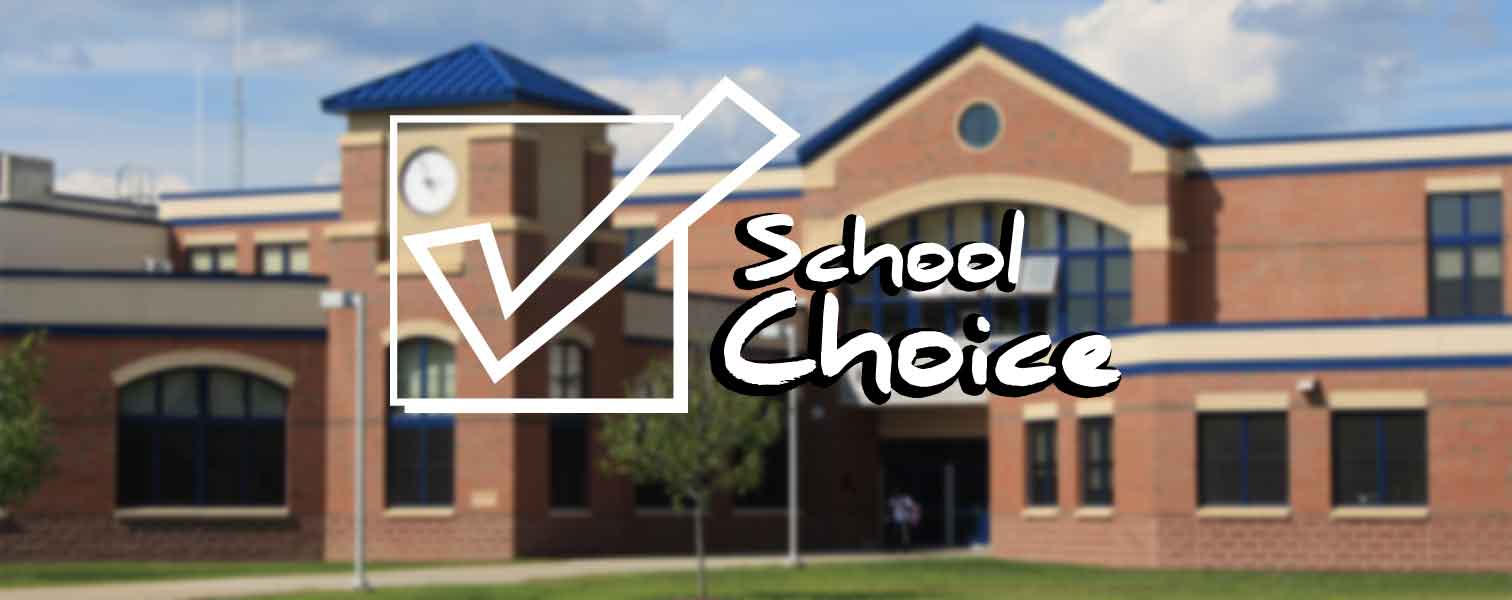What do all these recent education policy pushes have in common?
- Common Core School Standards Initiative
- Federal expectations for school reforms as part of “Race to the Top”
- Federal demands for accountability laws in return for a waiver from the “No Child Left Behind Act”
- State proposals to revamp the teacher evaluation system.
- Study proposals to explore how schools are using their days and years.
All five are current efforts to tinker with the school monopoly.
We should be seeking real reforms in our education system, not just tinkering around the edges. Citizens in Washington provide $13.5 billion a year to educate a million children. We should work hard to make certain that those funds are put to the most effective use. Many within the system are comfortable with low accountability, light expectations and rising costs, but it is our civic duty to work to assure services to families are the highest priority. We should resist the efforts of unions and others who fight against fiscal responsibility and clear accountability.
But at the end of the day, all the efforts above are just tinkering with a monopoly.
Most of the problems in our public education system are the problems of a monopoly. The incentives are all wrong, and families are not empowered to reward improved services. The system gets clients and increasing resources no matter what it does right or wrong. Variety and creative or difficult solutions are not rewarded, and so much settles into a “business as usual” routine.
So now we see well-meaning reformers wanting to design the perfect teacher evaluation system, or to manage the school calendar from Olympia, or to design learning targets from a multi-state consortium.
But the fast track for accountability and better education services is school choice.
In National Review today, we have a reminder of this truth co-written by five national policy organizations: Heartland Institute, Heritage Foundation, Cato Institute, Friedman Foundation for Educational Choice, and the Center for Education Reform.
Among the points they make:
“True accountability comes not from top-down regulations but from parents financially empowered to exit schools that fail to meet their child’s needs. Parental choice, coupled with freedom for educators, creates the incentives and opportunities that spur quality.”
“A global review of the scientific research comparing different types of education systems reveals that the most market-like, least regulated systems consistently outperform more centralized and regulated ones — by a ratio of 15 statistically significant findings to one, across seven different measures of educational outcomes.”
“In the United States alone, eleven of twelve randomized-controlled trials — the gold standard of social-science research — have found that school-choice programs improve student outcomes, from academic achievement to graduation rates and college matriculation. School-choice students outperform their public peers even though public schools, which are already heavily regulated, generally spend more than twice as much per pupil.
“Moreover, as the education marketplace grows, all students benefit. In 22 of 23 empirical studies, academic performance of public-school students improved in response to increased competition.”
“. . . most parents talk with one another, visit schools, and otherwise do their homework before selecting a school — and even the least active choosers benefit from the decisions of their more active and informed peers. Educational choice has also been repeatedly shown to produce far higher levels of parental satisfaction than does centrally planned schooling.”
And this makes sense. An Olympia-designed teacher evaluation system is going to have some clunky elements, workability problems and extra costs. If every family had access to five or more education options, each of those schools would have the motivation to address teacher service issues in a manner that serves the interests of families. Olympia could step back from micromanaging and look after only major issues.
In Washington state today, we need to press for the most effective use of the funds already being provided in education; but we also need to work for a world where freedom in education can produce its much better fruit.
See the article at: Choosing to Learn (National Review, March 12, 2014)
See the letter which I cosigned at: Cato Institute











